Moving to a circular shift in Waste Water Treatment
Kochi is one of the fastest growing cities in the world. The concept of Metro in every aspect of the city’s modern life is just in process of connecting form one end to another. The metro rail system which converts the city to a status of Delhi, Mumbai,
Chennai, Bangalore and Kolkata shortly has a lot to change or cope up to make Kochi also a well-developed metro.Inspite of all changes, something which lacks in the development of basic infrastructure and Kochi has always become a poster child for problems related to rapid urbanisation which causes continuous stress to urban infrastructure which is short of basic service delivery.
When rapid urbanisation brings many challenges, it also brings focus to new areas of development like waste and sewage water treatment which are largely the most critical areas of development is not taken care or neglected. Like many other cities the reduced stress on waste water management as a matter of critical implementation shows the gap of proper infrastructure implementation.
An improper and inadequate wastewater management creates incidents of waste and untreated water been flown to water bodies like backwaters which is all around the city. A major source for living for people around these areas get effected. Dead fishes, risk of water borne diseases are all classic examples of the deterioration of these natural ecosystems.
Impacts of an improper wastewater management are visible and a need analysis need to be done to bridge the gap between Kochi’s wastewater infrastructure and services. Otherwise it’s difficult to work without a clarity of data. Furthermore, social costs including negative externalities as a result of polluting water would also work negative for effective water management.
Think different about waste water management
Ideally what can happen if we transform our ideology on wastewater management from a “use and dispose” model to a more sustainable circular model where we attach values to the resources in wastewater flows?
It’s time to think like that where at the start we should be to looking at wastewater treatment not as an expensive factor, but we should treat this as a value-generating resource. This could open up to various ways where waste water treatment becomes a cheap process, where incentives or subsidies can be brought to reduce costs. This can also reduce installing charges, increase material efficiency and reuse carbon footprint.
Wastewater offers a range of possibilities for reuse and recovery of resources. Reuse possibilities of liquid component of treated wastewater and also the potential of treated faecal and wastewater sludge as cooking gas or fuel for industries, manure, or biodiesel for transportation.
There have been many case studies on various approaches and models of reuse and resource recovery from wastewater which exists in different scales in countries in different ways. Examples can be taken from Kumasi, Ghana, a pilot project demonstrates the benefit treatment of faecal sludge and organic solid waste for reuse in agriculture. In Europe, the European Commission funds projects that demonstrate innovative technologies and solutions that upgrade or convert wastewater treatment plants into production units for energy, nutrients, water for re-use and possibly other commodities.
Despite these global examples, initiatives in Kochi and in other cities in India are still nascent. But with increasing stress on the lesser availability of water and other resources, resource recovery and circular economy practices in the wastewater sector can be critical to make urban areas sustainable. We at GME are chronicling try and educate our clients for such new methods of wastewater treatment.
A circular approach to wastewater management can include innovative high-end technologies as well as basic practices in terms of end-use of liquid components (water) as well as solid fractions (sludge).
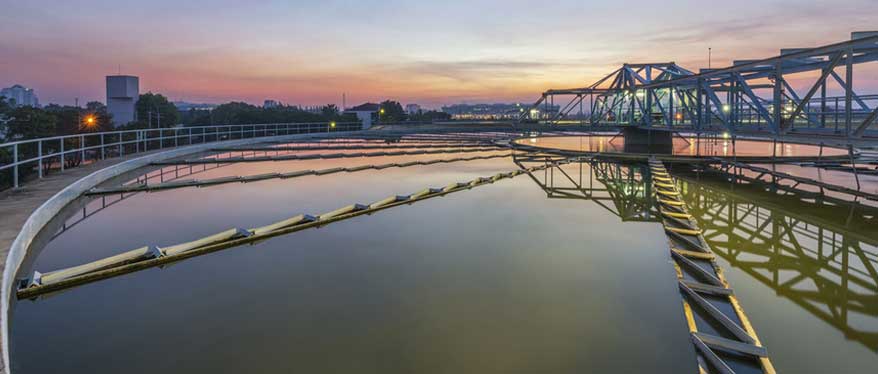
More Blogs
-
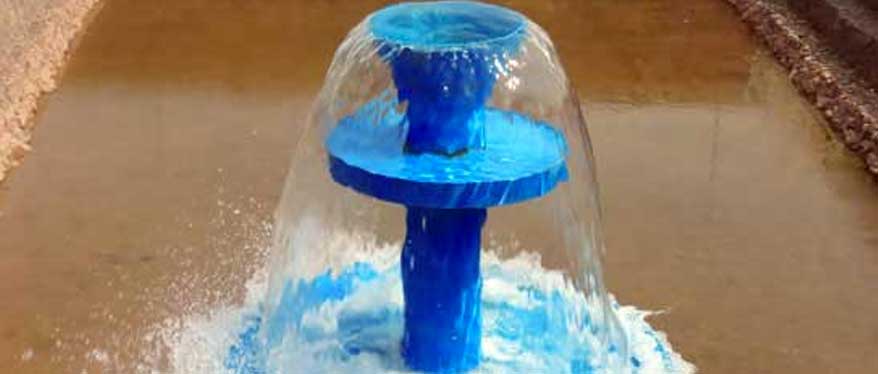
Sustainable Water Solutions through Wastewater Treatment and Recycling
India is home to about 16% of the world’s population while supporting only 4% of its water res..
-
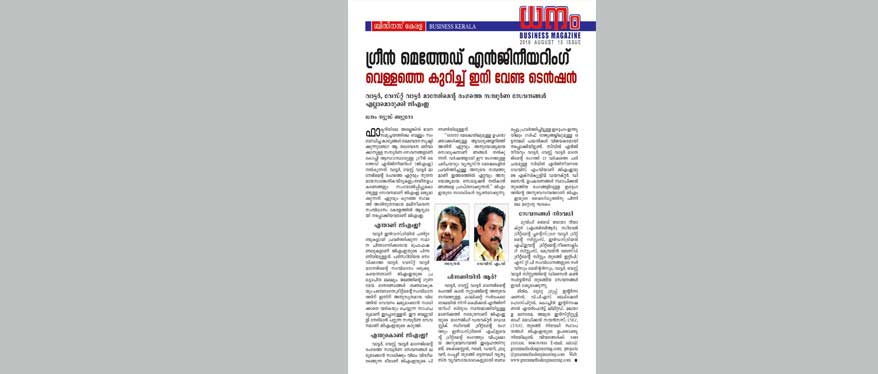
Dhanam Business Magazine
Green Method Engineering (GME) has been offering complete range of water and wastewater solution uti..
-
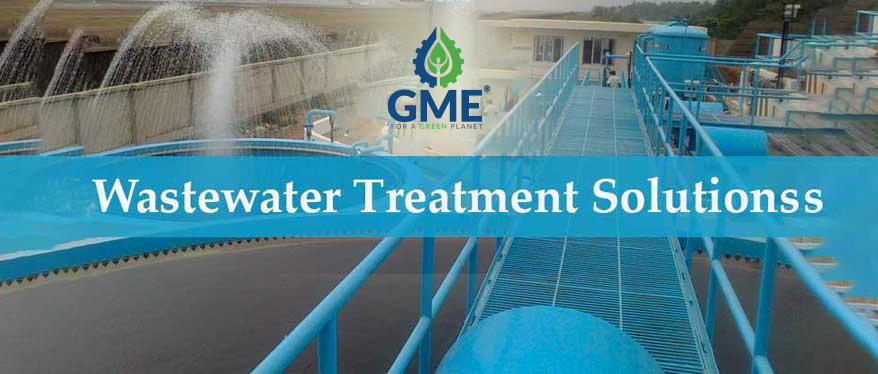
Wastewater Treatment Solutions widely used in India
When dealing with domestic waste or industrial waste, a single treatment solution of cannot almost c..
-
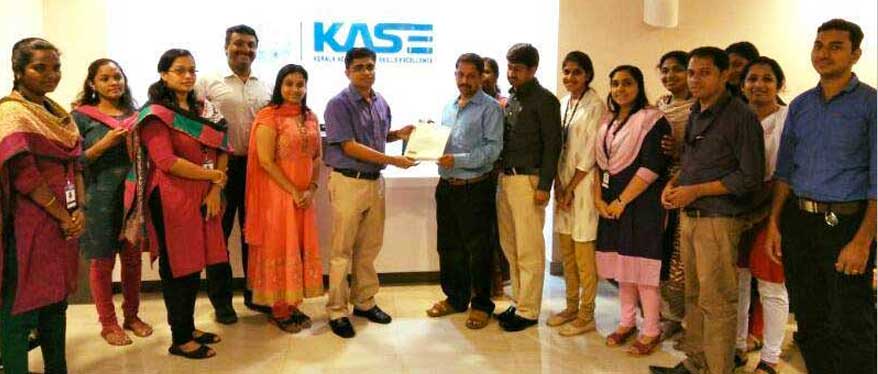
GME takes an initiative to introduce a new certification course for Wastewater Treatment Plant Operator
One of the renowned Wastewater management Company in Kochi, Kerala – Green Method En..
-
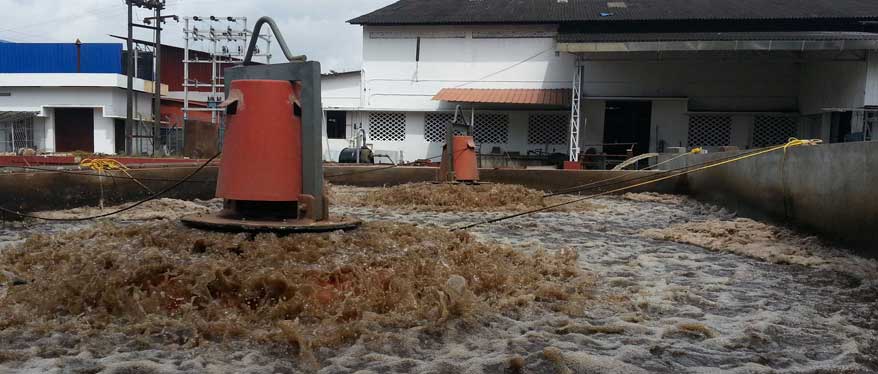
Water Pollution and Preventive measures to be taken
Water pollution is the major environmental issues seen nowadays. Water is contaminated with harmful ..
-
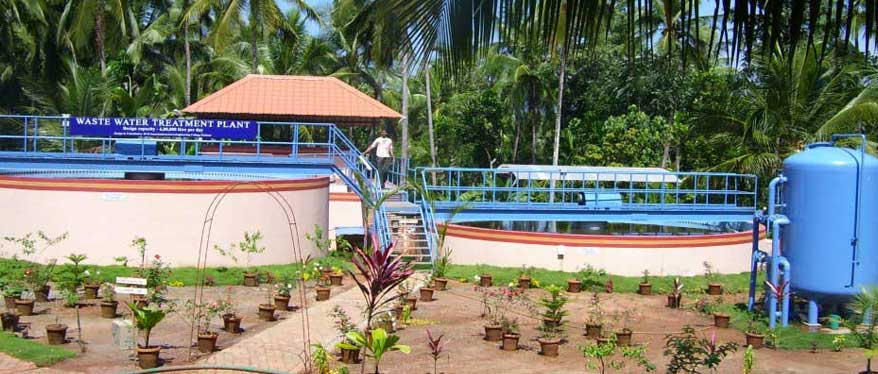
What to Look for in a Waste Water Treatment Company
If you are concerned about the quality of the water, you should be much relieved by now since techno..